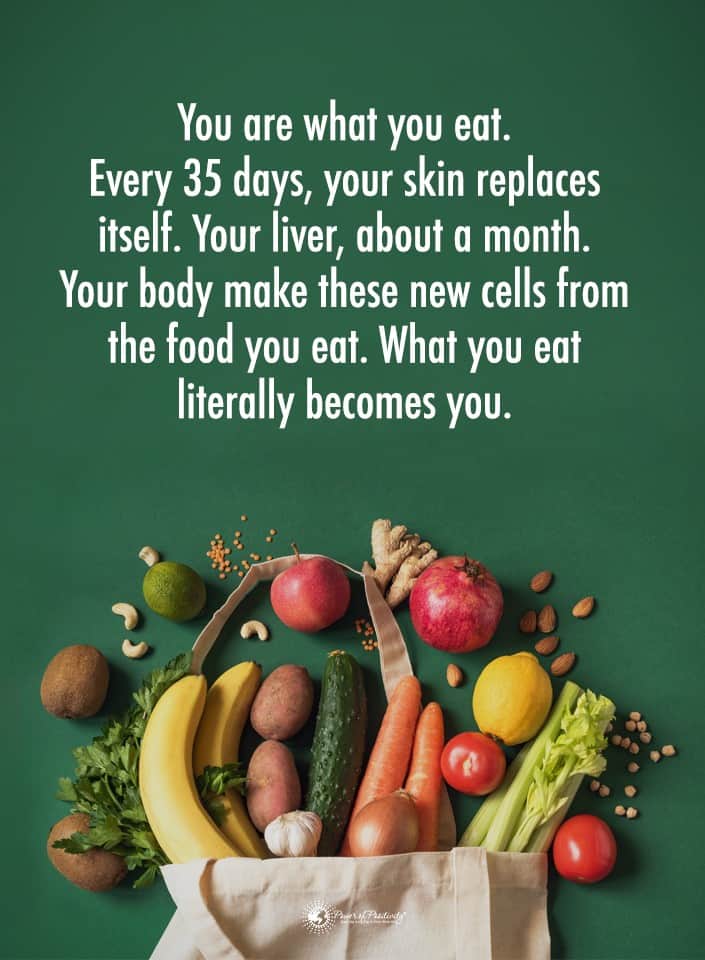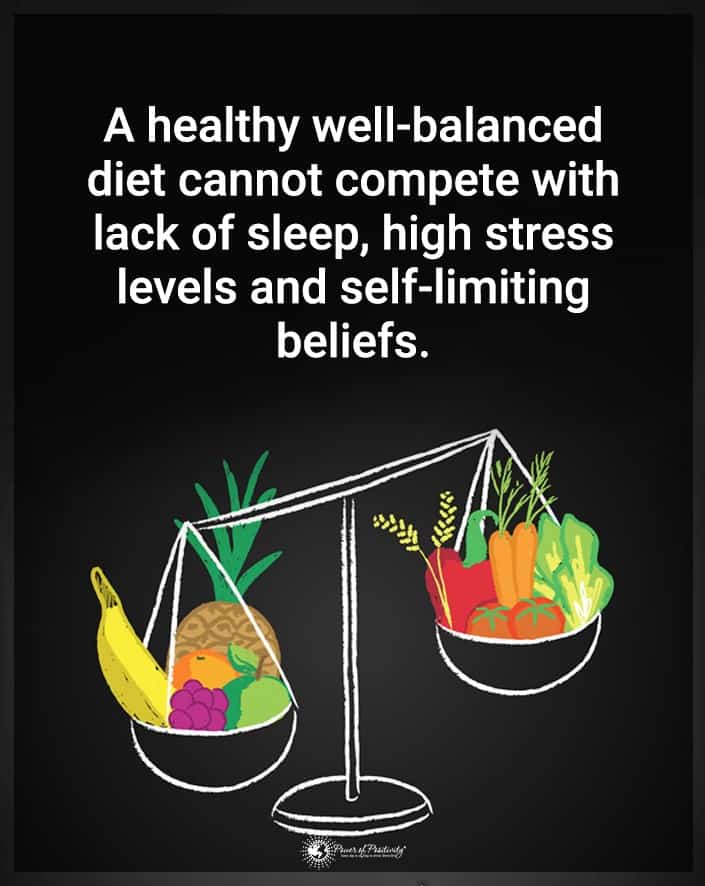Making small dietary changes could have a significant impact on your health, according to a new study. For example, researchers found that eating a hot dog could shorten your life by 36 minutes. On the other hand, eating a serving of nuts could extend your life by 26 minutes. It may not sound like much, but healthy eating can make a massive difference over months or years.
The University of Michigan study was published in the journal Nature Food on August 18, 2021. The study evaluated 5,853 foods, ranking them by their nutritional disease burden and their environmental impact. Researchers developed the Health Nutritional Index to quantify health effects in minutes of life gained or lost. The foods evaluated ranged from 74 minutes lost to 80 minutes of life gained per serving.
The study authors found that eating 10% fewer daily calories from beef and processed meats had significant health and environmental benefits. Substituting these foods for fruits, vegetables, nuts, legumes, and certain seafood resulted in a 33% reduction in dietary carbon footprint. It also could offer 48 minutes of healthy life gained per day.
Small dietary changes can enhance your life.
 “Generally, dietary recommendations lack specific and actionable direction to motivate people to change their behavior, and rarely do dietary recommendations address environmental impacts,” said Katerina Stylianou, who performed the research as a doctoral candidate and postdoctoral fellow in the Department of Environmental Health Sciences at U-M’s School of Public Health. She now works as the Director of Public Health Information and Data Strategy at the Detroit Health Department.
“Generally, dietary recommendations lack specific and actionable direction to motivate people to change their behavior, and rarely do dietary recommendations address environmental impacts,” said Katerina Stylianou, who performed the research as a doctoral candidate and postdoctoral fellow in the Department of Environmental Health Sciences at U-M’s School of Public Health. She now works as the Director of Public Health Information and Data Strategy at the Detroit Health Department.
First, researchers measured dietary impact on human health
The foundation of this study comes from the Health Nutritional Index, a new epidemiology-based nutritional index. Investigators collaborated with nutritionist Victor Fulgoni III from Nutrition Impact LLC to develop it. HENI calculates the net positive or adverse health effects in minutes of life gained or lost per serving of food consumed.
The index was adapted from the Global Burden of Disease, a compilation of data on hundreds of diseases and risk factors. The HENI index gathered data from this resource on disease mortality and morbidity caused by single food choices. Researchers used fifteen dietary risk factors and disease burden estimates from the GBD.
Next, they combined this data with nutrition profiles of foods consumed in the US.
They utilized the What We Eat in America National Health and Nutrition Examination Survey database for this step. Foods with positive scores increase longevity, while foods with negative scores decrease it.
Then they determined how these foods affected the environment
To understand the environmental impact of foods, the researchers used IMPACT World+. This method evaluates the effect of foods throughout their life cycle, from production to disposal. The team added updated assessments for water use and human health risks from fine particulate matter formation.
Next, the researchers developed a scoring method for eighteen environmental indicators which considered detailed food recipes in addition to estimated food waste. The team organized foods into three color zones: green, yellow, and red for the final step. After taking into account their nutritional and environmental impacts, researchers assigned the foods a color.
Foods in the green zone are beneficial to humans and the planet, having high nutritional value and low environmental impacts. Most foods in this zone include nuts, fruits, field-grown vegetables, legumes, whole grains, and seafood.
On the other hand, red zone foods include those that have detrimental nutritional and environmental impacts. The research team discovered that the highest negative nutritional impacts came from processed meats. Beef, pork, lamb, and processed meats caused the most significant burden on the environment. Because of their large carbon footprint and dangers to health, researchers suggest making dietary changes to reduce or avoid these foods.
However, researchers added that the range of environmental and health indicators varies greatly. They also acknowledge that nutritionally viable foods may not always leave a small carbon footprint and vice versa.
“Previous studies have often reduced their findings to a plant vs. animal-based foods discussion,” Stylianou said. “Although we find that plant-based foods generally perform better, there are considerable variations within both plant-based and animal-based foods.”
Based on the research, the team suggests making these small dietary changes:
- Reduce or eliminate foods with the most negative health and environmental impacts, such as highly processed meat, beef, and shrimp, followed by pork, lamb, and greenhouse-grown vegetables.
- Consume more of the most nutritionally healthy foods, including field-grown fruits and vegetables, legumes, nuts, and sustainably sourced seafood
“The urgency of dietary changes to improve human health and the environment is clear,” said Olivier Jolliet, U-M professor of environmental health science and senior author of the paper. “Our findings demonstrate that small targeted substitutions offer a feasible and powerful strategy to achieve significant health and environmental benefits without requiring dramatic dietary shifts.”
The research received funding from an unrestricted grant from the National Dairy Council and the University of Michigan Dow Sustainability Fellowship. Researchers collaborate with partners in Switzerland, Brazil, and Singapore to develop similar evaluation methods there. The team says that they hope to expand the system to all countries in the world in the future.
Perhaps then we’ll have an epidemic of health and start living in balance with nature. One can only hope, at least.
 Final thoughts on the study that reveals small dietary changes can improve your life.
Final thoughts on the study that reveals small dietary changes can improve your life.
Frequently, people avoid making dietary changes because it seems overwhelming. However, becoming healthier doesn’t have to mean overhauling your whole lifestyle and eating habits. You can make minor improvements to your diet each day, such as eating a serving of nuts instead of a hot dog.
The study above reveals that making this one change can add nearly 30 minutes to your life. Now, imagine doing that dozens or hundreds of times, and you can perhaps extend your life by a few years. Everyone wants to know how to live longer, and now, the cat’s out of the bag.
Eat less meat and more fruits and veggies, and you’ll get to enjoy a few more sunrises. Plus, you’ll be doing the environment a huge favor while you’re at it.
The post Study Reveals Small Dietary Changes to Help Live Longer appeared first on Power of Positivity: Positive Thinking & Attitude.







 Final thoughts on the study that reveals small dietary changes can improve your life.
Final thoughts on the study that reveals small dietary changes can improve your life.